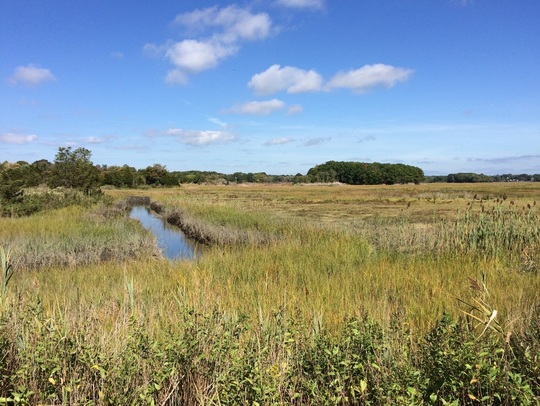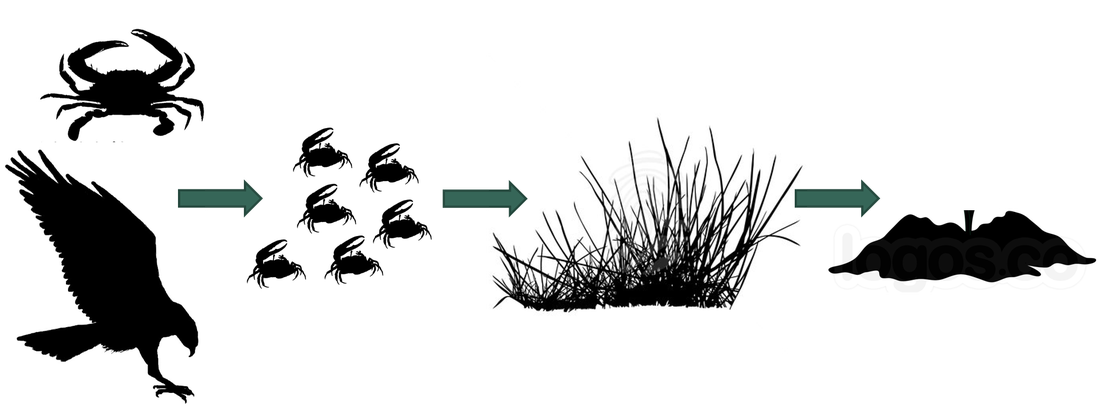|
-- Alexandria Moore PhD Student It's hard to feel good when you first start a PhD program. Now, I don't know if that's true for everyone, but it was certainly true for me. The first year is filled with firsts: First time moving away from home, first time developing a research project, first time being part of a community, first time recognizing that everyone has moments where they don't feel good enough. The hardest first for me was realizing that I don't always know how to conquer those not-good-enough [to develop my own research, to make friends, to be here] feelings. The PhD struggle is less about the work and more about how you are able to provide yourself with enough support to do it and feel good about it. During my first year, I found support in my cohort, in my lab mates, and in my dedication to developing a research project that I cared enough about to spend years on. Of these, my research has been the mainstay of my support structure. I entered Yale with a passion for conservation, but little sense of direction. As I navigated my first semester as a doctoral student, my research project began to take shape and, because this is a science blog, I'm going to share the progress I made in Year One. I work in wetlands. They're dirty, they smell, and they're often covered in crabs, but given the right perspective, they're beautiful. Wetlands are also an invaluable ecosystem type in decline worldwide. Since the 1980s, restoration projects have been implemented to return degraded landscapes back to their natural states. However, restored wetlands tend to exhibit reduced structure and function compared to natural wetlands. This is where my research comes in. I am interested in taking an ecological perspective to evaluate why restored wetlands don't function as well as natural ecosystems. In particular, I ask: Are species diversity and community structure important for ecosystem functioning? Do the presence of predators, herbivores, and plant species impact not only the biotic community, but larger ecosystem-level processes? To begin looking at this question, I selected three salt marshes (one natural, one restored, and one degraded) along the New England coast and collected baseline data on ecosystem functions and biodiversity. Preliminary results show that, as expected, the restored marsh has reduced functioning compared to the natural site. But the question of how the ecological community affects this is, as of yet, unaddressed. I've only completed my first summer, so I don't have an answer, but in preparing for summer number two and years 3, 4, and 5, I'm optimistic that I'll get close to one. The nature of a PhD, at least the nature of mine, is that it's hard to really feel sure of anything. But between the days when I don't feel good enough and the days when I do, I'm optimistic. To bring things back to where they started: It's hard to feel good when you first start a PhD program, unless you have support from within yourself and from outside of yourself. For me, that support hasn't been constant and there were plenty of mad/sad/what-am-I-doing-here days, but the happy/hopeful/this-is-what-I-want-to-do days made the other kind tolerable. Entering Year Two, I still have plenty of both types of days, sometimes more of one than the other, but I accept them as they come. The first year is a pivotal one for recognizing that although getting a PhD is a struggle, you're one in a community of others struggling alongside you - sometimes happy, sometimes sad, but often optimistic. Comments are closed.
|
Archives
November 2019
Categories
All
|


 RSS Feed
RSS Feed
